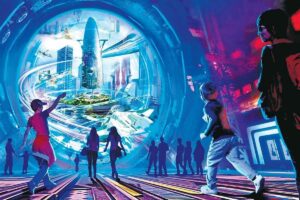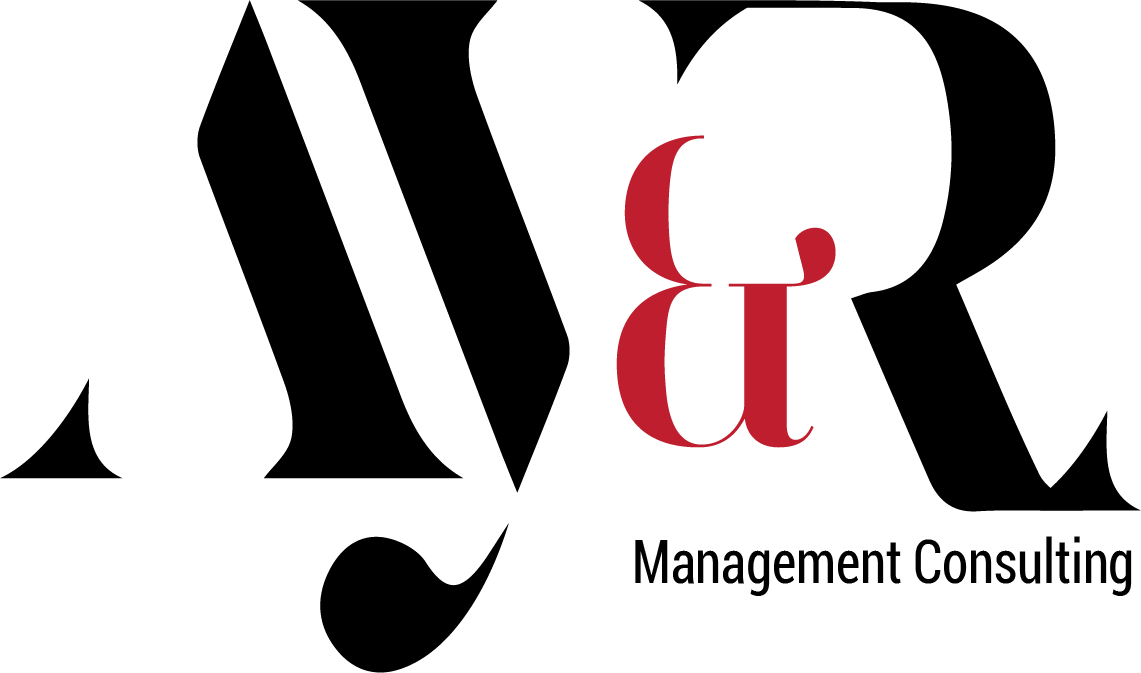
Introduction
The digital world is ever-growing and governments are also evolving to meet the demands of their citizens. Blockchain and Metaverse can make governments more transparent, efficient and accessible for its citizens. Digital government creation in the Metaverse will give citizens complete control over their data and enable them to manage who has access to it. This will eliminate corruption, increase accountability and reduce costs associated with current public administration systems.
Blockchain and Metaverse can make governments more transparent, efficient and accessible for its citizens.
Virtual reality technology has been used in the past to create virtual worlds that participants can interact with, in addition to being able to travel through them. These worlds can be used as training environments, or as places where people can live and work virtually.
Virtual cities, towns and even countries will soon be created using this technology. The government of Dubai is working on creating a virtual city called Dubai 2050 where more than 300,000 people will live by 2050. It will have its own power grid and currency.
Blockchain technology is another tool that can be used in creating new digital governments. Blockchain is secure database that records transactions between users within a network of computers (called nodes) without needing centralized control from any one entity such as a bank or government institution; instead transactions are verified by multiple networks so no single person can tamper with this information once it has been recorded into a block on the chain – hence why it often refers to itself as “trustless”.
If implemented correctly blockchain could help governments save money by reducing corruption levels since all transaction data would need approval from several parties before being accepted onto the chain which means there’d be less chance for fraudulent activity because each transaction would require approval from several different sources—reducing workloads for employees who would otherwise have had their hands full trying track down fraudsters who try circumventing protocols by faking paperwork etcetera.
Digital government creation in the Metaverse
With the advent of blockchain technology, a new form of digital government can be created. The Metaverse is a 3D environment where avatars can interact with objects and each other in an immersive virtual world. It’s not just for entertainment—it also has uses outside of that area, such as commerce, education and government. One key component of this new digital landscape is blockchain technology which allows people to interact anonymously or pseudonymously without the need for any centralized server or company controlling access to data on their servers.
Blockchain provides an essential component for creating a metaverse where governments can deliver services to citizens in new ways. In fact, it’s already happening: Singapore has created its own government-backed cryptocurrency called Sovereign (SOV), which it plans on making mandatory for all public sector employees by 2021; Estonia has built up its own e-residency program; Finland plans on issuing its first batch of digital IDs by next year; and India will soon launch simplesaadhan app through which citizens can access over 350 services online including paying taxes or accessing rations from fair price shops
Citizens will have the ability to own their data and manage who has access to it.
As we move into the next phase of digital government, citizens will have the ability to own their data and manage who has access to it. Blockchain can be used as a platform for holding secure records of identity, education, employment history and other critical information that is currently shared between institutions in a less secure manner. This will enable citizens to build more complete profiles of themselves which can then be accessed by governments through verified digital identities. In addition, because blockchain provides a permanent record of transactions on an open-source ledger for all parties involved (and future generations) this means that data privacy is preserved along with security since you don’t need an intermediary like Facebook or Google trying to monetize your information in order for it not end up online somewhere else where someone else could abuse it.
A new era of governance with the metaverse
Metaverse is a new concept that has been introduced to the world of virtual reality. The metaverse is an open, shared space which can be used by anyone. It is a virtual reality space where people can meet, interact and transact in a fully immersive environment. A person can create and experience anything they want in this new dimension that has been created just for them. This means that you are no longer limited by what you see around you but rather have complete control over your environment as well as who else will be there with you (if anyone). The possibilities for this technology are endless; scientists could collaborate on research projects from all over the world without having to leave their labs or offices; businesses could hold meetings across continents without ever leaving their offices; doctors could practice surgery on synthetic patients instead of real ones which would save lives and money! The possibilities truly are endless!
The metaverse isn’t just about creating new worlds though – it also offers many applications in our everyday lives too! For example: teachers could use virtual reality games such as Minecraft EDU or Civilization VI EDU (which specifically targets middle schoolers) during lessons because these programs offer more engaging experiences than traditional methods such as textbooks or lectures alone. Students may even prefer learning through these types of programs since they allow them more freedom within themselves
While some governments have already demonstrated interest in blockchain, virtual reality presents another area of development that may continue to shape the future of digital government. (Metaverse is fast becoming an important technology for transforming the ways that citizens interact with their governments.)
As the internet evolves, it is becoming increasingly apparent that blockchain and metaverse technologies are shaping the new digital world. Blockchain technology has already been used to transform industries including finance, healthcare and insurance. In July 2019, IBM partnered with a consortium of 40 banks in Singapore to build a trade finance platform based on blockchain tech. Meanwhile in 2020, the UK government announced plans for an ‘experimental’ project that will track welfare payments using distributed ledger technology (DLT).
While some governments have already demonstrated interest in blockchain technology – particularly around financial services – it’s another area of development that may continue to shape the future of digital government: virtual reality. Metaverse is fast becoming an important technology for transforming the ways that citizens interact with their governments as well as offering new possibilities for collaboration between public sector agencies and private sector businesses.”
Conclusion
A lot of governments around the world are exploring how blockchain can help them serve their citizens more effectively. Blockchain is a great tool for creating secure digital identity and transactions, so governments are starting to explore its use in areas like tax collection, elections and healthcare.
Metaverse is creating a platform that uses blockchain technology to enable people to build smart contracts on top of its network. This means you can create your own virtual reality using our platform where users will be able to trade virtual assets and engage in other activities without needing any intermediaries or third parties involved. We believe this will allow more people from all over the world access financial services without having access to traditional banks. It also gives users the ability to create their own financial system within their communities without relying on outside institutions like banks or governments!
Metaverse, blockchain, united arab emirates, dubai, saudi, riydha, gcc, UAE, technology, digital transformation, arabic, smart government, government
